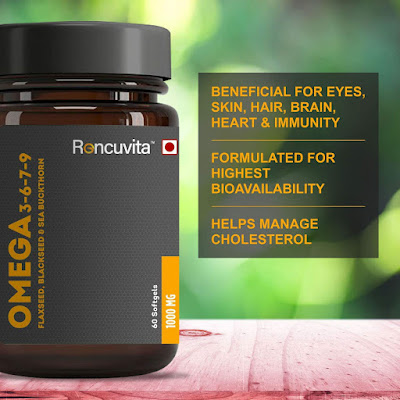Omega 9 are monounsaturated fatty acids. Unlike omega 3 and omega 6, omega 9 fatty acids are not considered essential, as they can be synthesised in the body from unsaturated fat.
What is omega 9?
Omega 9 fatty acids are fatty acids stored in your body fat. Your body has a little omega-3, more omega-6 and lots of omega-9. Your fat cells make omega 9 fat from the fatty acids your body doesn’t consume as energy.
What are food sources of omega 9?
You find Omega-9 fatty acids in olive oil, almond oil, walnuts, animal fat, fish and avocado. As omega-9 fatty acids can be produced in the body, and since we consume enough through a regular diet, you don’t need additional supplements of these fatty acids.
Some food sources of omega 9 are:
- sunflower oil
- argan oil
- peanut oil
- soya oil
- corn oil
- hazelnuts
- pistachios
- almonds
- sesame seeds
- pine nuts
- peanuts
- chia seeds
- olives
- cucumber
- acai
- macadamia nuts
Why is omega 9 good for you?
Substituting saturated fats with oild and fats containing unsaturated fatty acids such as omega-9, omega 3 or omega 6 fatty acids, helps to maintain a normal cholesterol level in your blood. As high cholesterol is a risk factor in the development of cardiovascular diseases, this is healthy eating for the health of your heart.
How to get enough omega 9
As your body produces the omega 9 fatty acids it needs and you consume enough through a regular diet, you don’t need additional supplements of omega 9.

No comments:
Post a Comment